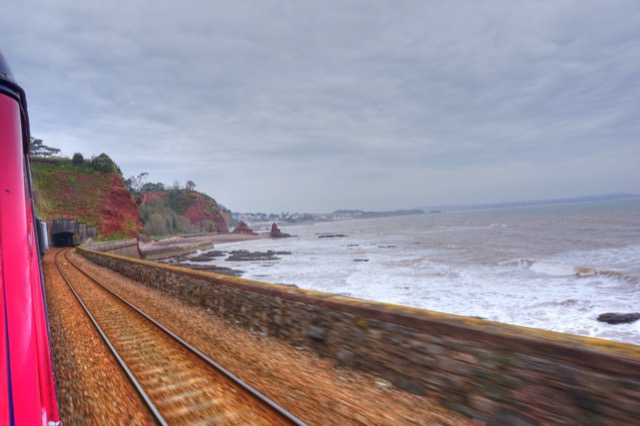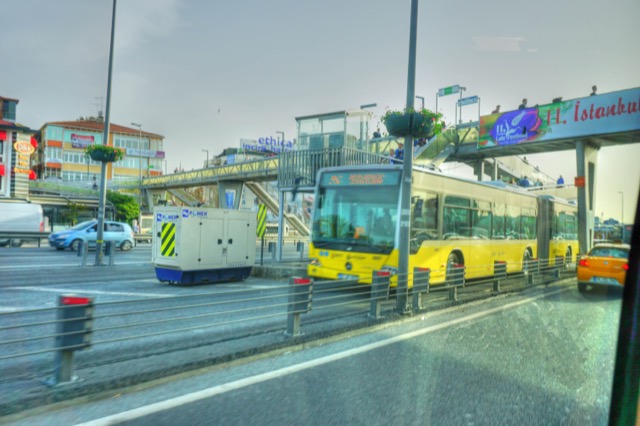Remember how the Washington Metro Rail system shut down for an entire weekday on March 16 so the agency could inspect all of the rail insulators, and replace any that were worn out? This was supposed to be needed to prevent fires such as the one whose smoke killed a passenger in 2015.
It didn’t work. On May 5, passengers at the Federal Center Southwest station were treated to a huge fireball of sparks when another insulator caught fire. Moreover, says the Federal Transit Administration (FTA), Metro officials responded poorly to the fire, continuing to run trains on that track until a second fire started several hours later.
On May 6–coincidentally, the day after the latest fire–Metro announced its maintenance plan that calls for shutting down some segments for as long as seven days and single-tracking many more lines for weeks at a time, which will slow service on those routes. That’s not good enough for the FTA, which ordered the agency to rearrange the schedule to work on lines that the feds think are at the highest risk sooner than Metro planned.









